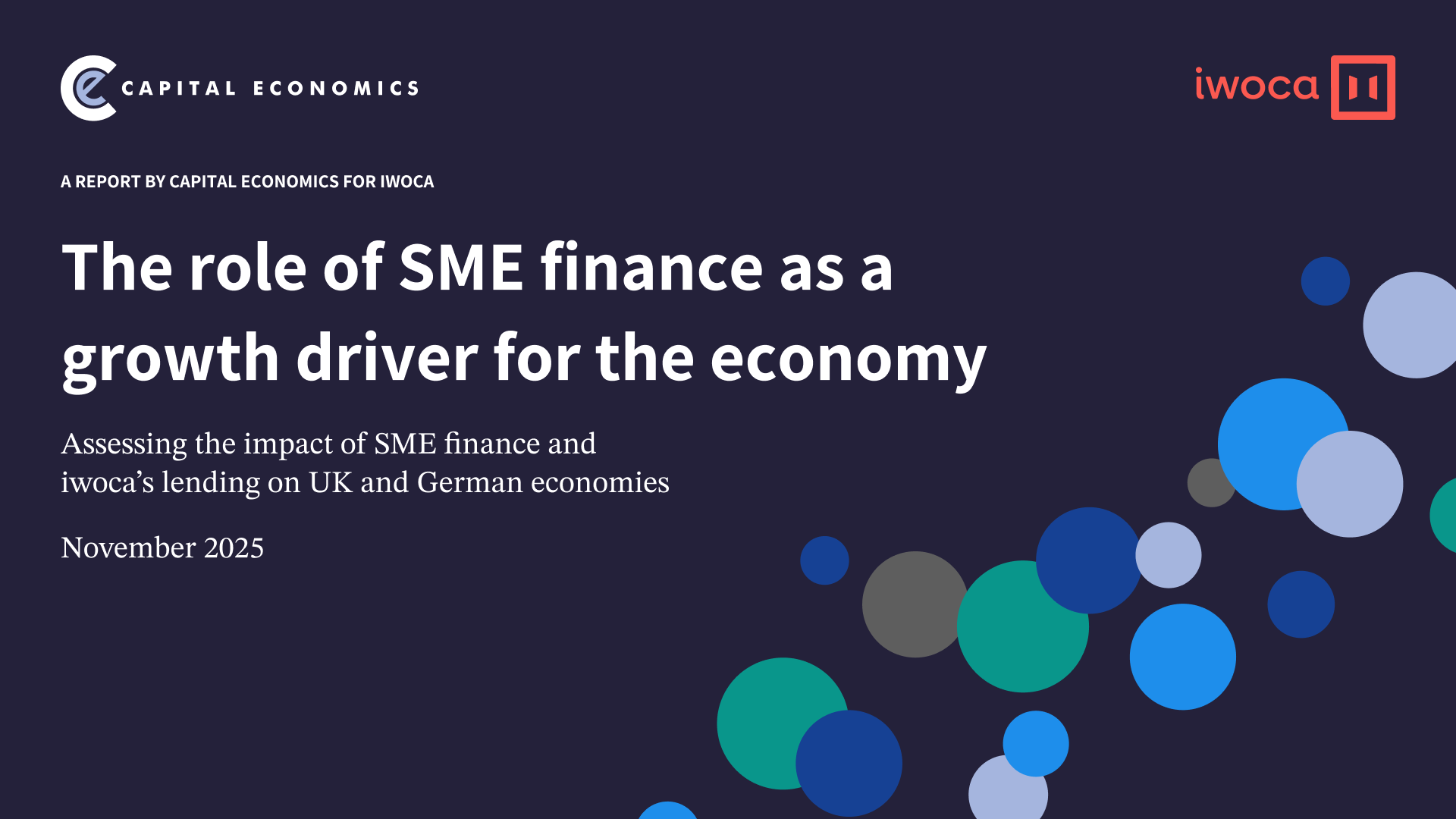What small businesses want from the Government
5
min read
What small businesses want from the Government






Small businesses are the backbone of our economy, keeping our high streets and local communities vibrant. There are 5.9 million of them in the UK, making up over 99% of the total number of businesses in Britain.
Because of this, we think support for small businesses must play a central role in the upcoming Budget. Smart policies can unlock growth, create hundreds of thousands of jobs and greater prosperity. So, we asked our customers what they want from the forthcoming Budget.
What businesses want
One of the most important priorities for small businesses is improving access to finance. Two-thirds (66%) of those we spoke to believe this should be a key consideration of the upcoming Budget. More than a third (35%) of our customers felt that it should be the main focus of the Government over the next five years.
High street banks remain the first port of call for the vast majority of businesses seeking a loan or overdraft, however since the financial crisis these same banks have reduced the level of finance provided to small businesses. The rise in digital lenders, such as iwoca, has helped fill the funding gap, but small businesses still want the Government to take more action to make it easier to access the finance they need to grow.
Many small businesses operate on fine margins, meaning rises in costs can have a detrimental effect on their enterprises. Our customers have raised concerns about the Government’s intention to increase the National Living Wage. Indeed, 42% of our small business customers wouldn’t like to see any further rise in the Budget. Business owners have also expressed concerns at the freezing of Corporation Tax cuts (38%), reforming Pension Tax relief (31%) and scrapping Entrepreneurs Relief (29%).
{{budget-submission="/components"}}
The ongoing talks about the UK’s future relationship with the EU is also front of mind for many small businesses and their supply chains. The election result and passing of the Withdrawal Agreement has helped contribute to a rise in business confidence - 57% of small business owners are either very confident or reasonably confident that the business environment will improve over the next 12 months. However, only 23% of iwoca’s business community believe that the uncertainty over Brexit is over.
Negotiating a trade deal with the EU is regarded as very important to 63% of businesses, far higher than signing a deal with the US (39%), China (35%) or India (27%). It’s clear that small business owners want the Government to prioritise a trade deal with the EU over other major economies.
Our asks for the forthcoming Budget
As one of Europe’s fastest growing small business lenders, we believe there are three steps that the Government can take to make it easier for companies like ours to support the UK’s business community.
Three steps to make it easier for iwoca to support UK business:
- Reform the Bank Referral Scheme (BRS)
- Support the Open Finance initiative to create a portable ‘know your customer’ credit file
- Make the British Business Bank's guarantee schemes more flexible
Firstly, the Government should look at reforming the Bank Referral Scheme (BRS). The BRS has the potential to transform the small business lending market but the latest figures show that since it was launched, it has only resulted in 1,695 deals worth around £32million.
According to the most recent data, in 2018 10% of SMEs planned to apply for finance but only 4% went on to do so. This means 6% of SMEs - around 300,000 small businesses in 2018 - were dissuaded from applying for finance. Based on the average loan amount in that year of approximately £21,000 for BRS funding, this represents an unmet demand of at least £6 billion.
We therefore urge the Government to take action to increase the number and value of referrals by regularly reviewing the scheme, incentivising banks to refer more small businesses and creating a more seamless referral process for business owners.
One of the key blockers to increasing competition and choice in the SME lending market is the friction that comes with customer onboarding. To combat this, HM Treasury should also support the Bank of England’s Open Finance initiative to create a portable KYC (or 'Know Your Customer') solution and credit file. The current processes small business owners must use to switch lenders can be cumbersome.
As a first step we propose that the Government allows Companies House to share information on directors with accredited financial services firms in order to help remove unnecessary friction during customer onboarding.
Finally the Government should make the guarantee schemes operated by the British Business Bank more flexible, by making them more accommodating for unsecured lenders. This would lead to significant innovation in the finance market by removing, for example, the need for personal guarantees which could reach an extra 720,000 businesses, who would benefit from finance, but avoid it due to the personal guarantee barrier.
We believe that implementing policies to support the small business community and improve access to finance will spearhead a rise in economic growth.


How to use payroll loans for small businesses

Business Loans comparison: High Street Banks vs. Alternative Lenders
Comparing the pros and cons of getting a business loan from traditional lenders and alternative finance providers, including how they differ in application processes, speed of funding, rates and flexibility.

Working capital ratio
Discussing the importance of calculating your company’s working capital ratio, what it represents and how to improve the ratio.





